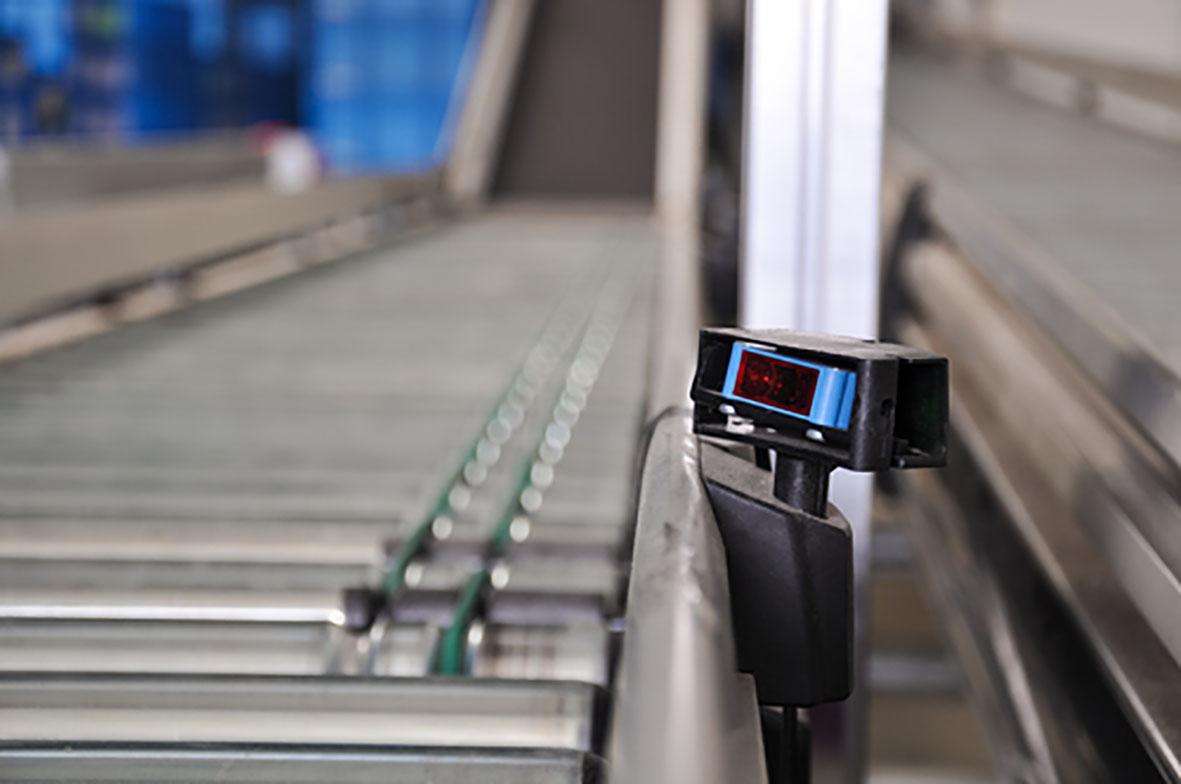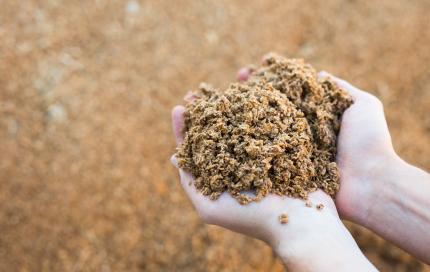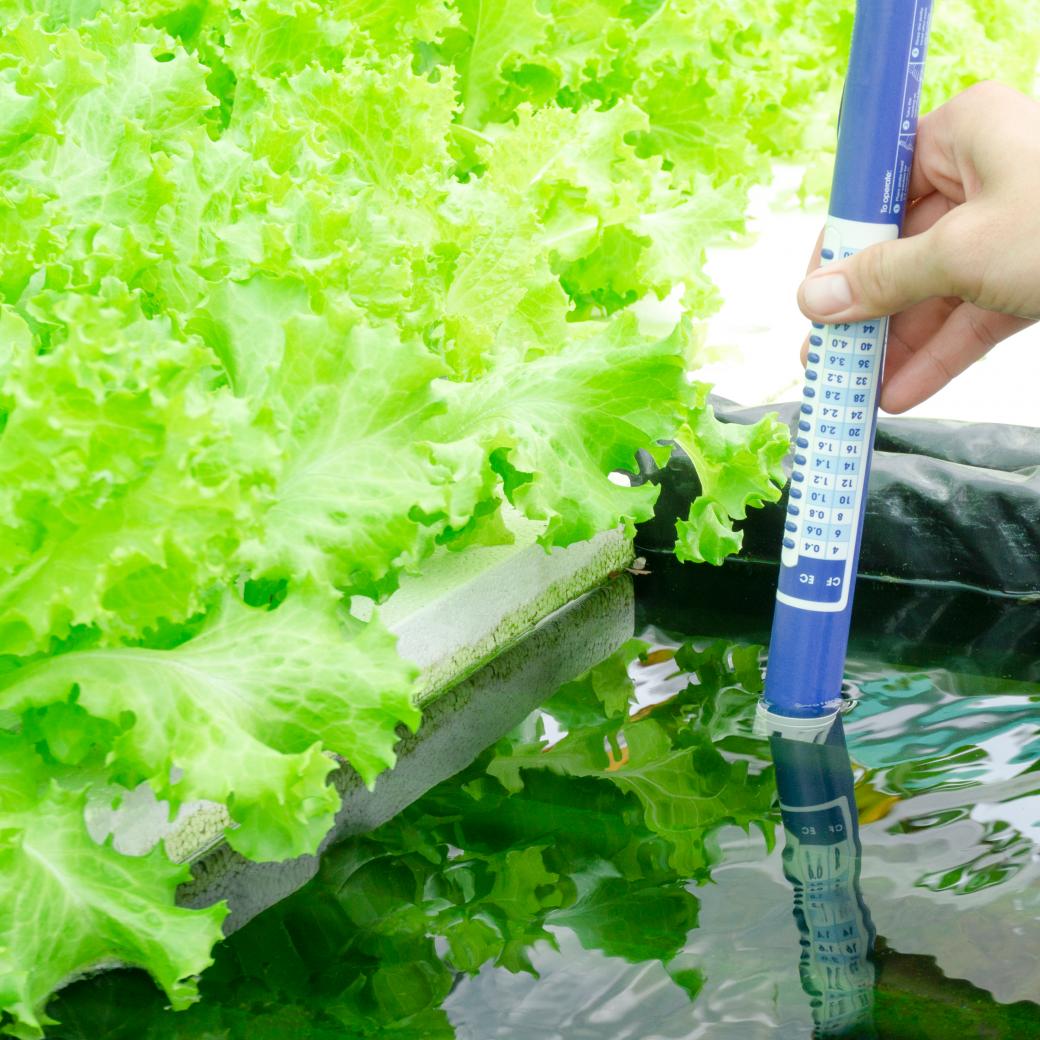Bisceps


Sensors to monitor the sensitivity to biofilms in situ.
Why this project?
Biofilms, a syntrophic consortium of microorganisms, can pose a problem in a production process due to repeated contamination and reduced quality of the food product. These biofilms are quite common in difficult to reach areas. This can allow a slimy layer of bacteria to form that is resistant to most antimicrobial substances, making it exceedingly difficult to clean and disinfect these surfaces and therefore compromising the quality.
A method to prevent this is the development of a real-time in situ biofilm sensor that can detect and characterise a biofilm quickly. Similar techniques do already exist, but they are often not very informative, time consuming and can only be used on easy to reach surfaces. Therefore, this project will develop a sensor technology based on impedance measurements. This has great potential because the biofilms are not only detected, they are also characterised. A cost-effective implementation for a wide range of applications is also possible with the use of microelectrodes.
Research approach
Bisceps is a collective research project (type SBO). With this project we want to show food companies, machine builders and cleaning and disinfecting companies that fast detection of biofilms is possible using complex resistant (impedance) measurements. Specifically, we want to reach this objective through:
- Identification of the correlations between biofilm structures and impedance patterns
- Identification of impedance-based classifiers to predict antimicrobial tolerance
- Integration of the microelectrode arrays in application-compatible sensor systems
Develop a proof of concept for the use of impedance sensors for monitoring biofilms on medical implants and in (food) production systems
Gain insight into the general potential of impedance sensors for monitoring biofilms.
Target group and expected results
Contaminated biofilms can form on many different materials and surfaces. Therefore, this biofilm sensor can be very important and relevant to multiple industrial sectors, but in the food sector the target group consists of the following businesses:
- Food companies
- Machine builders
- Cleaning and disinfecting companies
The Bisceps project wants to develop a new sensor technology based on impedance measurements obtained from microelectrode arrays. The objective of these new sensors is not only to detect biofilms in real-time in situ but also to characterise them so the best control strategy can be proposed. This project will expand and prove the scientific insights into this sensor technology. A proof of concept for in situ use in the food industry will be delivered and the sensor's compatibility with antimicrobial strategies and quality control services will be evaluated.
Project partners
The Bisceps project is being carried out by six different research groups:
- Centre of Microbial and Plant Genetics (CMPG) at KU Leuven Leuven, under the supervision of Prof. Dr. Engineer Hans Steenackers
- Imec-Leuven Life Science Department, under the supervision of Dr. Dries Braeken
- Imec-Ghent CMST, under the supervision of Prof. Dr. Maaike Op de Beeck
- Research Unit Knowledge-Based Systems KERMIT from Ghent University, under the supervision of Prof. Dr. Bernard De Baets
- Department of Trauma Surgery from UZ Leuven, under the supervision of Prof. Dr. WillemJan Metsemakers
- Laboratory of Enzyme and Brewing Technology (EFBT) from KU Leuven campus Ghent, under the supervision of Dr. Alex Verplaetse
Contactpersoon

Sustainable animal feed from sweetcorn cobs: meet Trotec







